My goal is to foster food-cultures transitions to enable sustainable dietary practices that work for people and planet. My approach seeks to promote the co-creation of more sustainable food cultures by trying to redirect our current nutritional transition making use of a diverse array of design and art-related tools from a critical and responsible understanding of practice.
My masters thesis, which represented the emergence of Comestible as a platform, received the Environmental Award from the University of Brighton, UK (2016). Since 2018, I've been involved with the South American Institute for Sustainability and Resilience studies (SARAS) and act now as an Associate member involved with work and projects related the Art-Science interaction and Food and Sustainability.
I am currently a Teaching Fellow at Carnegie Mellon University (USA) and a candidate for the PhD in Transition Design. I am also a part of various international research networks and societies related to environment, food, design, food design, and sustainability.
My work and projects
Current globally-prevailing eating habits are unsustainable while food represents a major driver of planetary and social transformation and upheaval. My interest in working with food relates to my personal history and to the understanding of its massive potential as a tool for change.
However, because of its complex and multifaceted nature, this work requires a holistic approach that may account for socio-economical, technological, psychological and cultural aspects. Design stands today as a promising and powerful tool, enabling flexibility, transdisciplinarity, innovation potential, creativity, imagination, materilization and above all, collaboration.
From this perspective, I use the toolbox of methods and skills I have gained from my design and artistic background to try and re-shape our food futures and enable a world where people and ecosystems can thrive. Over the past four years, my projects have been revolving aournd these ideas and vision.
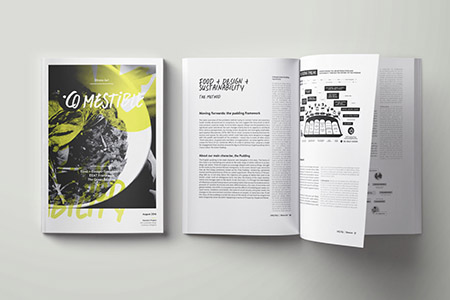
Comestible
Comestible consists of my Masters thesis work. It includes a booklet (link below) presenting the discussion of the topic, approach and tools developed. This later evolved into an online platform serving to disseminate the information and nurture dialogue about the topics.
Learn more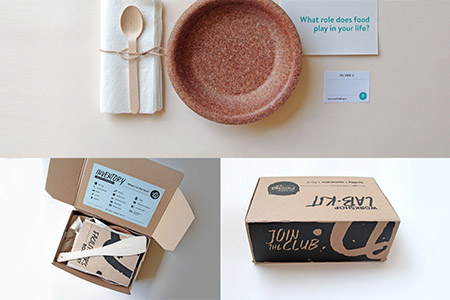
The Green Pudding
This is a tool offered as a product-service and in the form of a workshop as a way to engage conversations about the need to adopt dietary changes. It has also been designd and enabled as a potential research tool (see material and virtual toolkit box) for others to try and adapt.
Learn more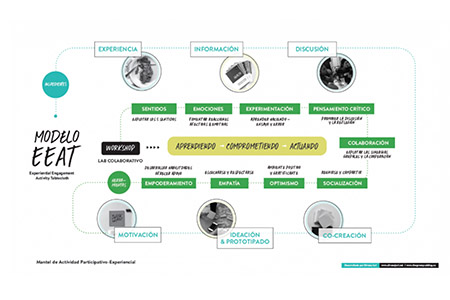
The EEAT Model
This is a framework that is summed up as an infographic. It lays the foundations on how to potentially approach actions and work around sustainable food habits and behaviour change. This is the theoretical and practical framework that supports the Green Pudding toolkit.
Learn more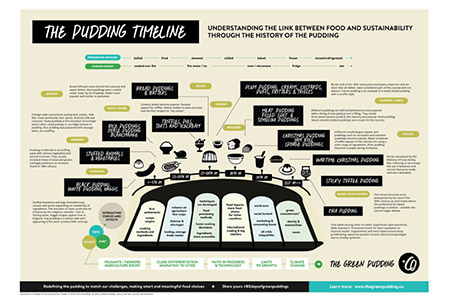
The Pudding Timeline poster
This infographic seeks to help visualize different dimensions related to sustainability aspects of our food by focusing on the history of the pudding and playing with the phrase the Proof of the Pudding is in the Eating
Learn more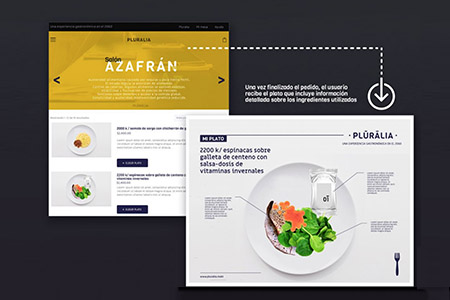
Pluralia
This is a speculative-design projects tha is offered as a virtual experience (via an app) or by means of a workshop to prompt discussions and foster collective imagination around our desired food futures. It stems from the idea of promoting Futures Literacy and food agency.
Learn more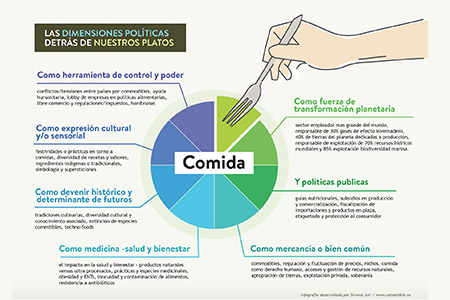
The political dimensions of food
this piece consists of an infographic that help visualize some of the main political dimensions behind our food, so as to serve as a guidance for future discussio and as a tool to inform future food designers or any other professionals working with food. The graphic was published as an article in an online magazine
Learn more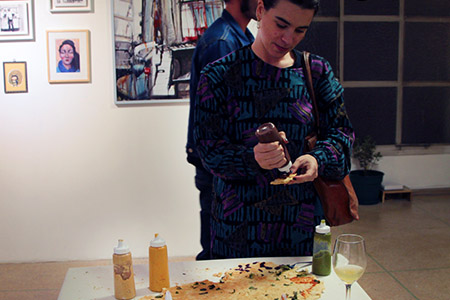
Canvas of futuring flavours
This project consisted of an intervention during the opening of an art gallery in Montevideo. The experience sought to welcome guests and surprise them with a peculiar palette of flavoured sauces that varied in colour as they exploited unpopular edible plants. People were invited to use them to leave their trace on an edible canvas as they took pieces to try the different flavours. It served as a playful and convivial space to gather, meet, discuss and learn together while allowing for a less-frequent medium of expression
Learn more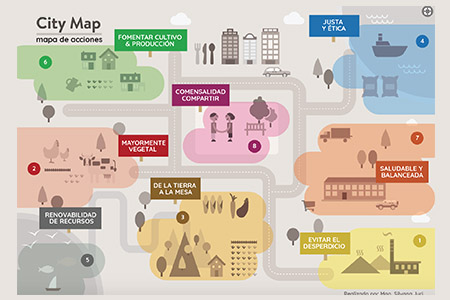
Sustainable Food Scenario map
This infographic servers the purpose of visualizing and outlining the main aspects or areas that need to be considered when talking about sustainable food and systems. It is used as a tool that informs other projects guiding people to identify areas of action or interest, as well as to highlight and understand their own participation in such dynamics by portraying a typical urban and peri-urban food scenario.
Learn moreCurrently working on...
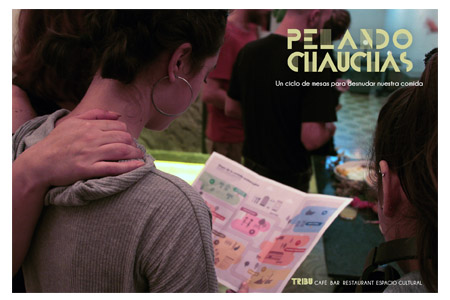
Pelando Chauchas
I was invited to take part in conceptualizing and materializing this collective space which consits of regular gatherings setup as "feasts" and the development of a platform for discussing food related topics and actions. Join the Facebook Group here.
More coming sooon
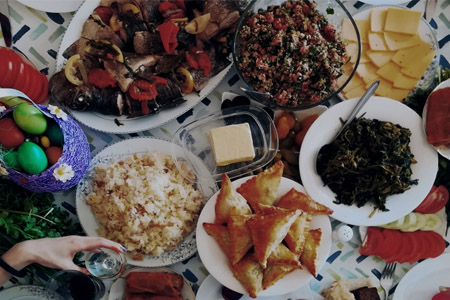
SARAS Food Conference
I am part of the organizing team of SARAS Institute's Annual conferences for 2019 and 2020 which are focused around food. Visit SARAS website.
More coming sooon
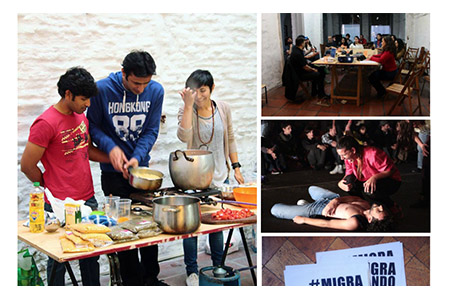
CasaMario Recipe Book
I'm part of the editorial team leading a recipe book that collects dishes and stories from a wide variety of artists and community actors who have been involved with CasaMario project, a space for collective and political art based in Montevideo. Visit CasaMario website.
More coming sooon
